Research Research Highlights
Research Highlights
Research Highlights
Research Highlights
Research Highlights 미리보기
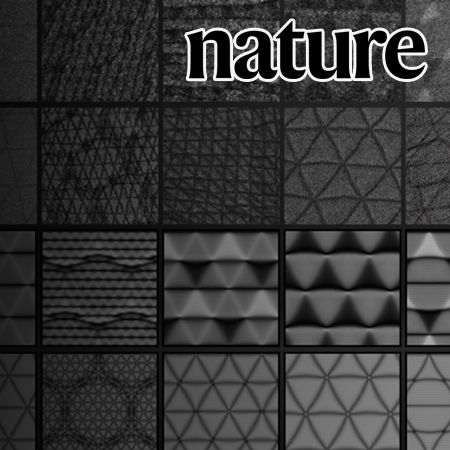
Professor Hyobin Yoo’s Research Team at SNU Develops 2D Quantum Material Platform Using Moiré Lattice Superposition
Prof. Hyobin Yoo
Seoul National University College of Engineering has announced that a joint research team led by Professor Hyobin Yoo from the Department of Materials Science and Engineering, in collaboration with Professor Young-Woo Son (Korea Institute for Advanced Study) and Professor Changwon Park (Ewha Womans University), has successfully developed a two-dimensional (2D) quantum material platform through the superposition of moiré lattices.
Research Highlights Board
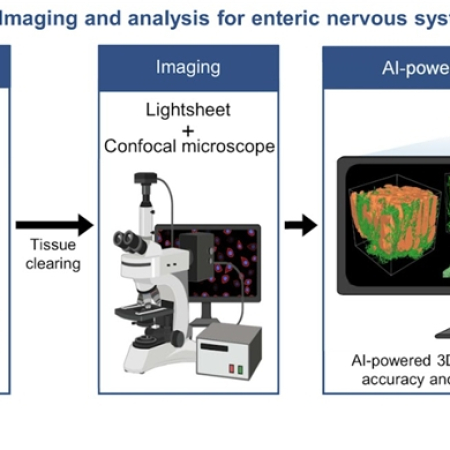
AI-powered 3D Pathology Protocol Enhances Enteric Nervous System Visualization and Quantification for Clinical Diagnostics
Prof. Hyung Jin Choi
Professor Hyung Jin Choi’s research team (Dept. of Brain and Cognitive Sciences, Dept. of Anatomy and Cell Biology, SNU) and Professor Seong-Joon Koh’s research team (Dept. of Internal Medicine and Liver Research Institute, SNUH) enhanced GI disease diagnostics by integrating AI with 3D imaging, overcoming key limitations of conventional pathology.

Accurate computational design of artificial metalloproteins using Metal-Installer
Prof. Woon Ju Song
Metalloproteins have evolved to precisely control metal-dependent functions within biological systems. While recent advances in protein structure prediction and design have revolutionized the field, metalloprotein designs through the incorporation of metallocofactors remain in their early stages.
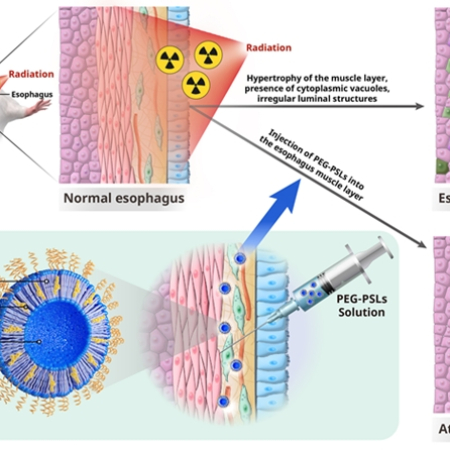
Mitigation of radiation-induced esophageal fibrosis by macrophage-targeted phosphatidylserine-containing liposomes with partial PEGylation
Prof. Eun-Jae Chung, Hyeong-Cheol Yang
Radiation-induced fibrosis (RIF) is a major complication following radiotherapy treatment. Macrophages are the key regulators of inflammatory responses and have emerged as critical targets for the prevention of fibrosis.
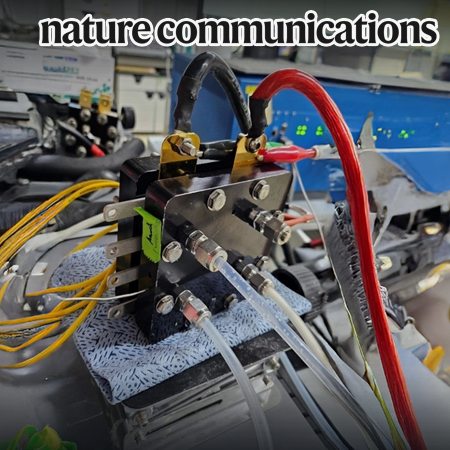
Professor Jeyong Yoon’s Research Team at SNU Develops Long-lasting Water Electrolysis Operation Technology Without Pre-synthesized Catalysts
Prof. Jeyong Yoon
Seoul National University College of Engineering announced that the research team of Professors Jeyong Yoon and Jaeyune Ryu from the Department of Chemical and Biological Engineering, in collaboration with Professor Jang Yong Lee’s team from Konkuk University’s Department of Chemical Engineering, has developed a new water electrolysis operation strategy that can produce green hydrogen without complex catalyst manufacturing processes.
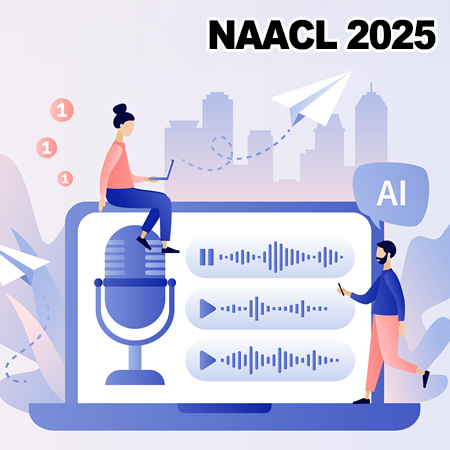
Professor Gunhee Kim's Research Team at SNU Develops AI Dialogue Model That Mimics Human Habits and Backchannels
Prof. Gunhee Kim
Seoul National University College of Engineering announced that Professor Gunhee Kim's team from the Department of Computer Science has developed a speech dialogue generation technology in which artificial intelligence (AI) understands and reproduces human conversational behaviors such as verbal habits, backchannels, and interruptions.
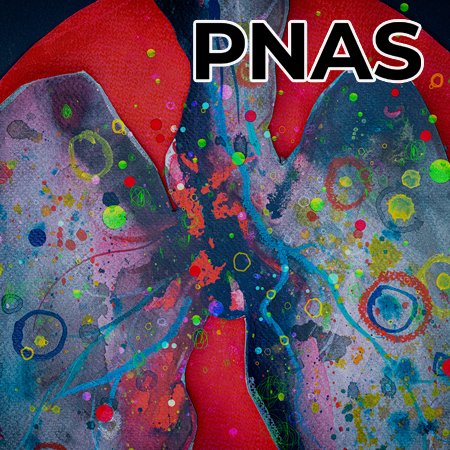
Tumor-promoting UBR4 coordinates impaired mitophagy–associated senescence and lung adenocarcinoma pathogenesis
Prof. Min Jae Lee
A research team led by Professor Min Jae Lee from the Department of Biomedical Sciences at Seoul National University College of Medicine has discovered that the ubiquitin ligase UBR4 acts as a key regulator that determines whether lung epithelial cells enter senescence or progress to cancer in response to mitochondrial stress.
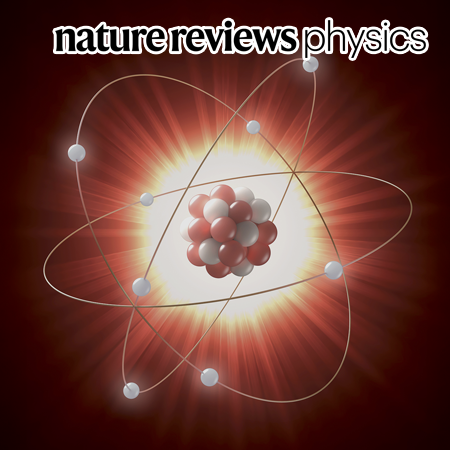
A Tale That Wasn't Right: Fast Ions Enhance Rather Than Deteriorate Fusion Plasma Performance
Prof. Yong-Su Na
A team lead by Korean researchers from Seoul National University, Prof. Yong-Su Na and Prof. Taik Soo Hahm has comprehensively demonstrated that fast ions present inside a fusion reactor, contrary to previous understanding, do not degrade fusion performance but can actually enhance it.
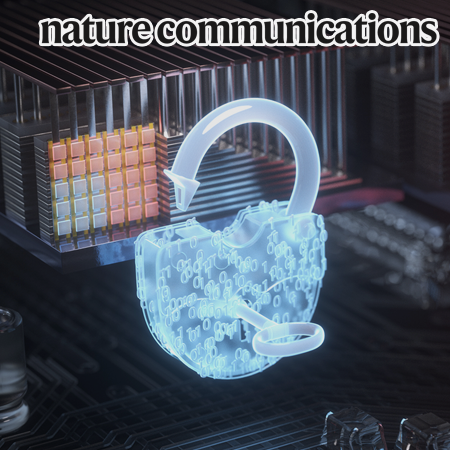
Professor Jong-Ho Lee's Research Team at SNU Develops World's First Concealable PUF Using V-NAND Flash Memory
Prof. Jong-Ho Lee
Seoul National University College of Engineering announced that Professor Jong-Ho Lee's research team from the Department of Electrical and Computer Engineering has developed a groundbreaking new hardware security technology based on commercially available 3D NAND flash memory (V-NAND flash memory).

Abrupt shift of El Niño periodicity under CO₂ mitigation
Prof. Jong-Seong Kug
This study shows that if carbon neutrality—reducing atmospheric CO₂—is delayed until after significant global warming has occurred, it may trigger unexpected climate responses. Specifically, the research finds that CO₂ reduction after warming can abruptly shorten the El Niño cycle and increase its frequency.
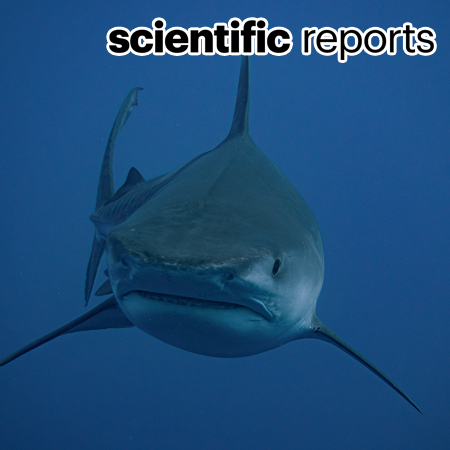
Digital removal of dermal denticle layer using geometric AI from 3D CT scans of shark craniofacial structures enhances anatomical precision
Prof. Se Chang Park
Craniofacial morphometrics in sharks provide crucial insights into evolutionary history, geographical variation, sexual dimorphism, and developmental patterns
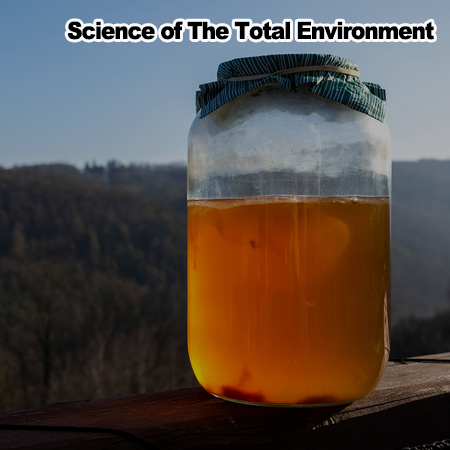
Metagenome-based microbial metabolic strategies to mitigate ruminal methane emissions using Komagataeibacter-based symbiotics
Prof. Younghoon Kim
Global warming increasingly threatens organisms in equatorial regions, where temperatures often exceed physiological limits. Rumen methanogens are a major biological source of anthropogenic methane, a potent greenhouse gas.
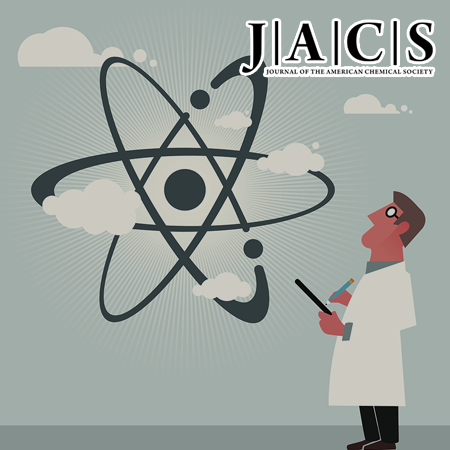
Cooperative Organosulfur/Photoredox Catalysis Enables Radical-Polar Crossover C(sp3)–N Coupling via Inner-Sphere Electron Shuttling
Prof. Seunghoon Lee, and Seung Youn Hong
Radical-polar crossover (RPC) is a valuable mechanistic tool for revitalizing traditional radical and polar chemistries by integrating them. However, transitioning from radical to polar pathways across multiple redox events requires precise redox potential matching between the reaction components (catalysts and substrates), which inherently limits the scope of these transformations.

